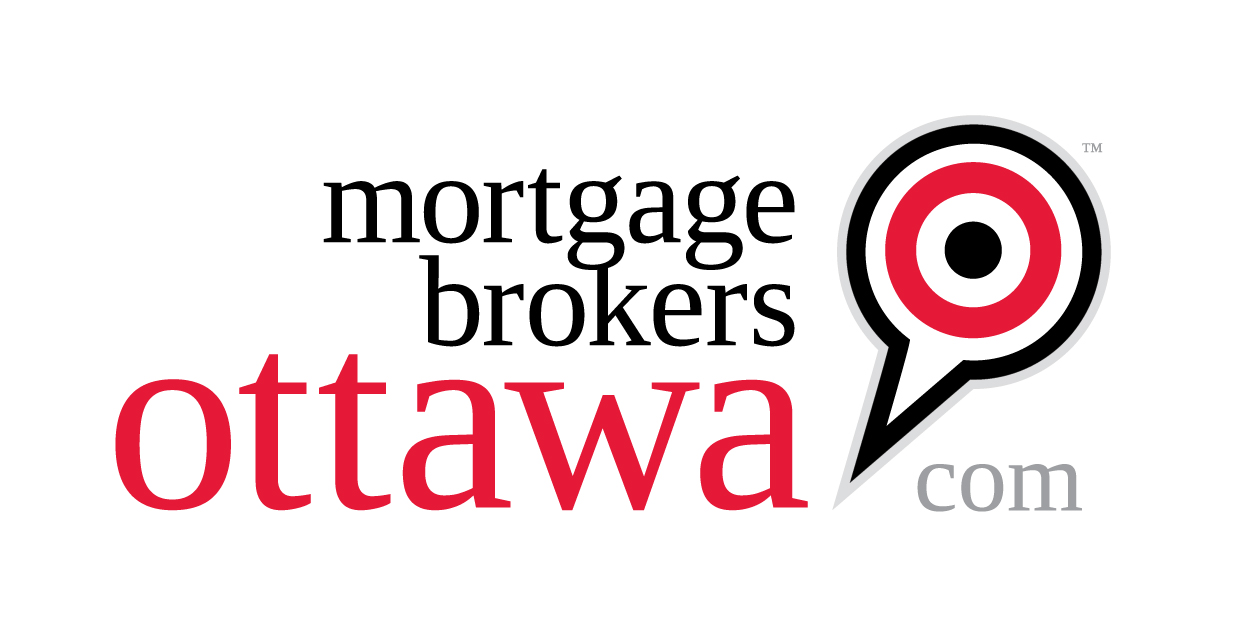Preparing for a Mortgage Renewal
Preparing for a Mortgage Renewal
Date Posted: October 16, 2024

If your mortgage renewal is on the horizon, now is the perfect time to start preparing. With economic uncertainty and fluctuating interest rates, many homeowners are unsure how best to approach their renewal. Here’s what you need to know to make an informed decision and potentially save thousands of dollars over the life of your mortgage.
Understanding the Current Market
As of mid-2024, interest rates in Canada are relatively high but may begin to decrease as inflation stabilizes. Current fixed mortgage rates range between 4.14% and 6.5%.
The Bank of Canada has raised rates multiple times over the past year to curb inflation, but economists predict that rates could start trending downward. This means homeowners approaching renewal have several factors to consider when deciding whether to lock in a rate now or wait for potential decreases.
What Happens During Mortgage Renewal?
A mortgage renewal occurs when the term of your current mortgage ends, but the balance remains unpaid. At this point, you have the opportunity to renegotiate the interest rate, term length, and payment schedule. Your lender will typically send you a renewal notice 120 days before the end of your term. While it may be tempting to accept the offer without question, you could be missing out on better rates or terms elsewhere.
Steps to Prepare for Your Renewal
- Start Early
Begin researching mortgage rates and options at least six months before your renewal date. This will give you ample time to assess your options and find the best deal. - Evaluate Your Current Financial Situation
Consider how your financial circumstances may have changed since you first took out your mortgage. Have you paid off debt, increased your income, or gained more equity in your home? These factors can influence the type of mortgage that best suits your needs. - Understand Your Mortgage Type
Take stock of your current mortgage type—whether it’s fixed or variable. Variable rates tend to be more volatile but might offer lower rates if the market dips. Fixed rates, while typically higher, provide stability if you prefer predictable monthly payments. Depending on market trends and your financial goals, you may decide to switch from one type to another.
Rate Shopping: Don’t Settle for the First Offer
Your lender will offer you a renewal package, but it’s important to remember you aren’t obligated to stay with them. This is the perfect opportunity to shop around for better rates and terms. Consider the following strategies to secure the best deal:
- Compare Rates from Multiple Lenders
Different lenders may offer different rates, so it’s worth checking out various banks, credit unions, and mortgage brokers. According to recent updates to the Canadian Mortgage Charter, insured mortgage holders can switch lenders at renewal without undergoing another stress test. This change makes it easier to shop for better rates and terms. - Negotiate with Your Current Lender
If you find a better offer from another lender, don’t be afraid to negotiate with your current lender. Often, they will match or even beat competitor rates to keep your business. The key is to be prepared with evidence of better offers. - Consider Prepayment Options
When renewing your mortgage, take the time to explore your prepayment options. Some lenders allow you to make lump-sum payments or increase your regular payments without penalty. This can help you pay off your mortgage faster and reduce the amount of interest you pay over time.
Fixed vs. Variable Rates: What’s Right for You?
One of the most important decisions you’ll make during renewal is choosing between a fixed and variable rate mortgage. In the current market, fixed rates offer stability, ensuring that your payments won’t change if interest rates fluctuate. However, if rates start to decrease, variable-rate mortgages could offer significant savings over time.
A variable-rate mortgage typically tracks the prime lending rate, which can go up or down depending on market conditions. If you expect interest rates to drop in the coming years, a variable rate could be the way to go. On the other hand, if you’re concerned about market volatility and prefer consistency, a fixed-rate mortgage might be the better option.
Consider Your Long-Term Financial Goals
Your mortgage renewal is also an excellent time to assess your long-term financial goals. If you plan to stay in your home for many years, you might prioritize locking in a stable, long-term rate. Alternatively, if you plan to sell your home or pay off your mortgage more quickly, you may want more flexibility in your mortgage terms.
Conclusion
With mortgage rates expected to fluctuate in the coming months, now is the time to carefully evaluate your options. By starting early, shopping around, and understanding your financial goals, you can set yourself up for success during your mortgage renewal. Whether you choose to stick with your current lender or move to a new one, taking a proactive approach will help you secure the best deal and save money in the long run.
